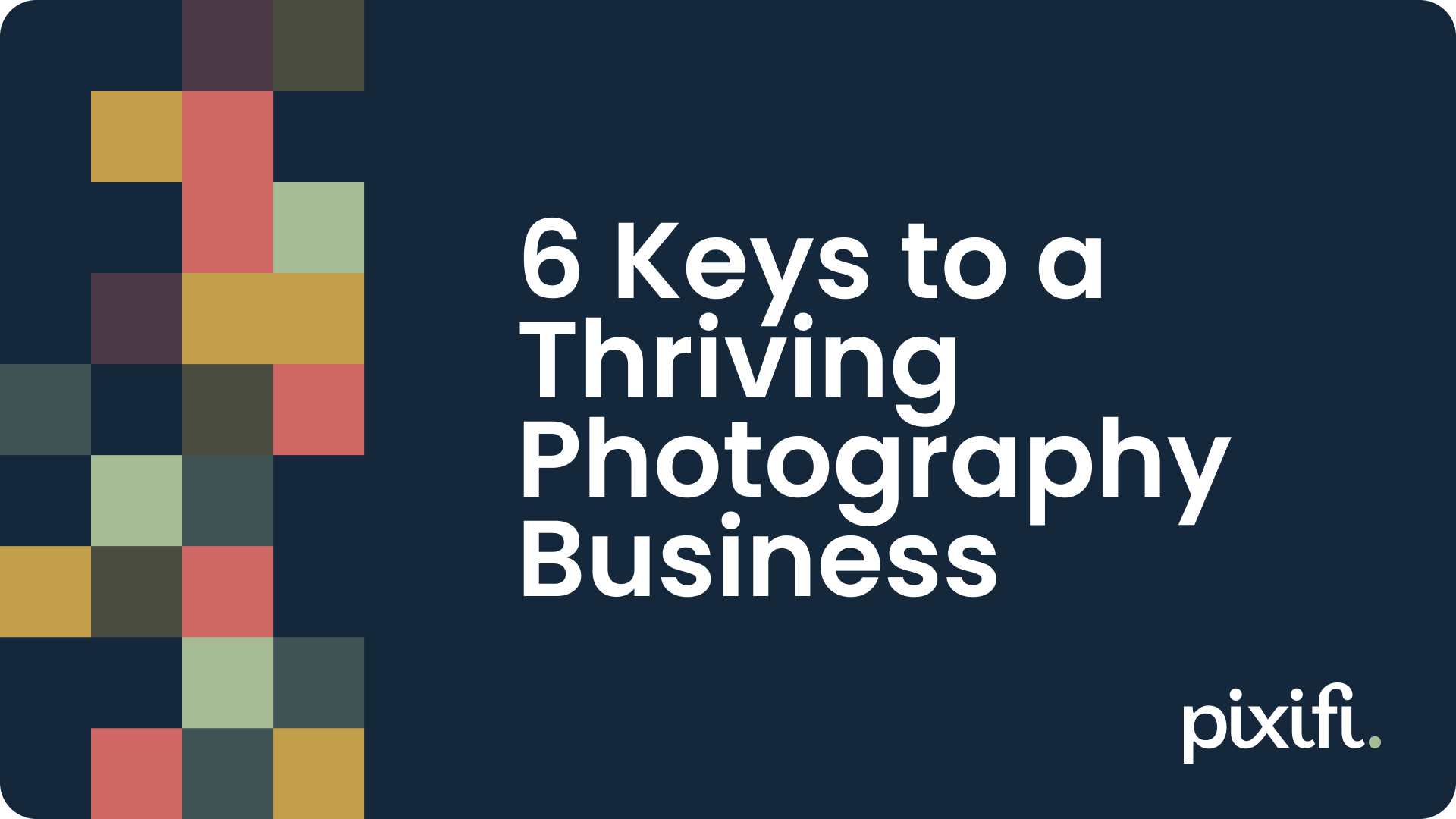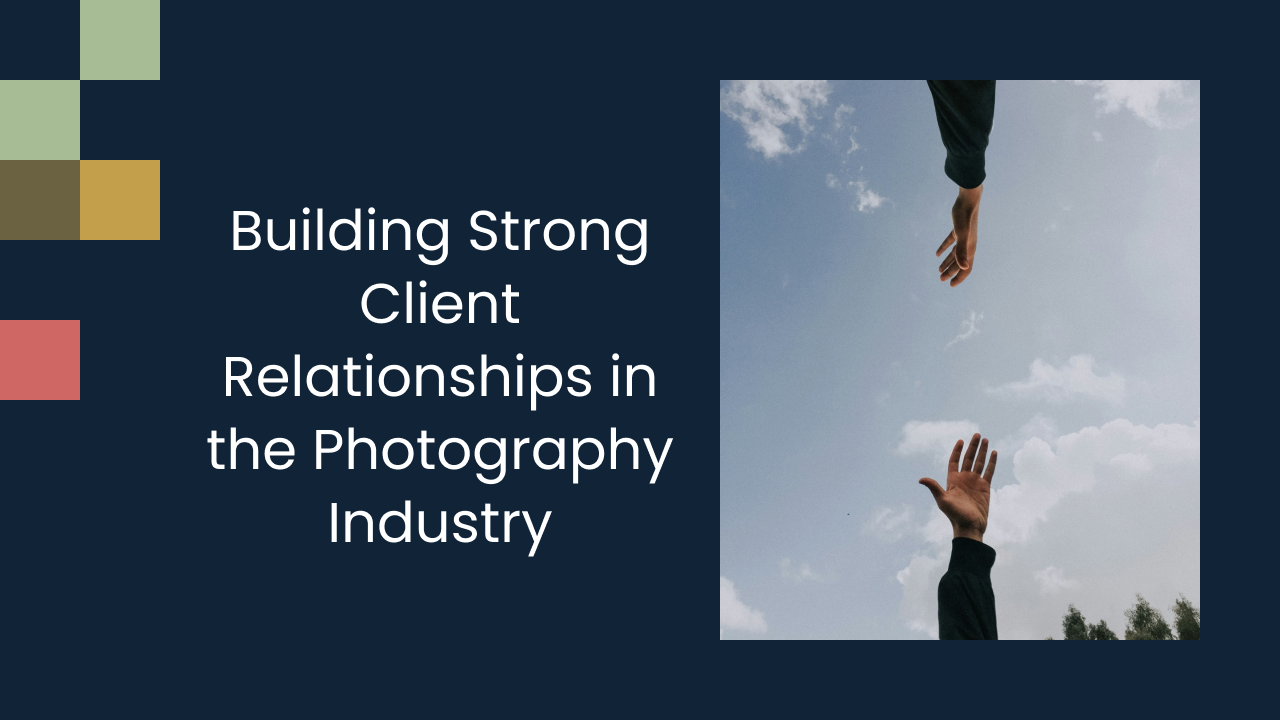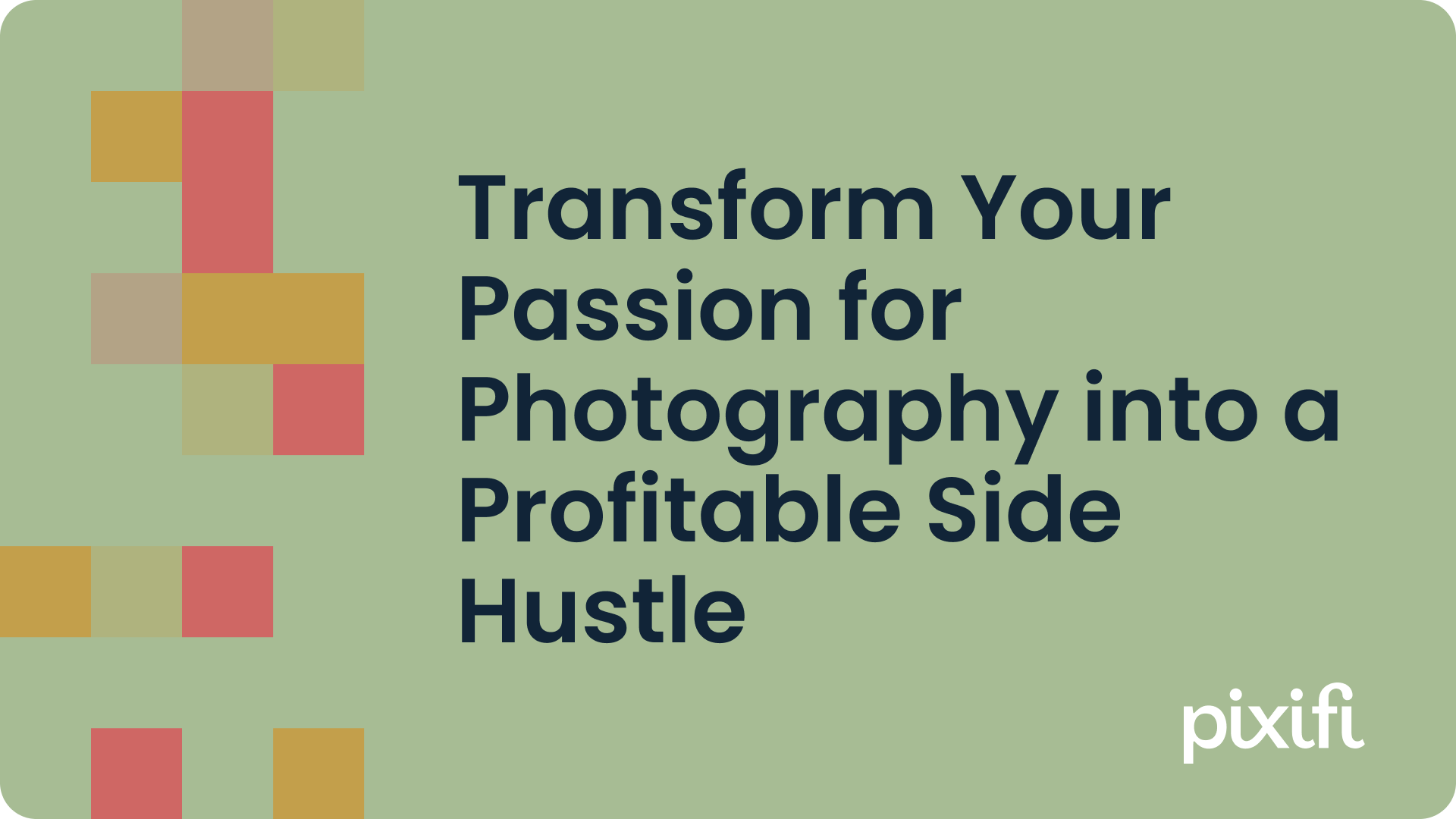Unlock the Full Potential of Your Business with the Best Photographer CRM!
In today's digital age, running a successful photography business requires more than just capturing breathtaking images. It also involves efficient business management to ensure client satisfaction and profitable growth. One tool that can help photographers achieve this is a Customer Relationship Management (CRM) system tailored specifically for their industry. Let's delve into the role of CRM in photography businesses and discover how it can unlock the full potential of your business.
Understanding the Role of CRM in Photography Business
Effective business management is the backbone of any successful venture. For photographers, it goes beyond just managing equipment and appointments. CRM plays a vital role in streamlining various aspects of a photography business, from client relationship management to scheduling and invoicing.
When it comes to running a photography business, there are numerous tasks that need to be handled efficiently. From managing client inquiries and bookings to keeping track of important dates and preferences, the workload can quickly become overwhelming. This is where CRM systems come into play.
The Importance of CRM in Business Management
CRM systems provide photography businesses with a centralized platform to handle all client interactions, inquiries, and bookings. By organizing and automating these processes, CRM enables photographers to effectively manage their business operations, saving time and resources.
Imagine having all your client information, communication history, and project details in one place. With a CRM system, photographers can easily access client profiles, previous communications, and project details. This not only helps in providing personalized experiences but also allows for effective follow-up and post-project communications.
Moreover, CRM systems offer features like scheduling and invoicing, which further streamline business operations. Photographers can create and manage appointments, send automated reminders to clients, and generate professional invoices with just a few clicks. This not only saves time but also ensures that nothing falls through the cracks.
How CRM Enhances Client Relationship in Photography
In the photography industry, building strong client relationships is crucial for repeat business and referrals. With a CRM system, photographers can easily access client profiles, previous communications, and project details. This allows them to provide personalized experiences, anticipating client needs, and delivering exceptional services.
CRM systems also enable photographers to keep track of important dates, such as birthdays or anniversaries, allowing them to send personalized greetings or offers. This level of attention to detail can make a significant impact on client satisfaction and loyalty.
Furthermore, CRM systems facilitate effective follow-up and post-project communications. Photographers can send automated thank-you emails, request feedback, or even share sneak peeks of the final images. This not only helps in maintaining a positive relationship but also encourages clients to refer the photographer to their friends and family.
In conclusion, CRM systems play a crucial role in the success of a photography business. They streamline business operations, enhance client relationships, and ultimately contribute to the growth and profitability of the venture. By investing in a reliable CRM system, photographers can focus on what they do best – capturing beautiful moments – while leaving the administrative tasks to technology.
Key Features of a Good Photographer CRM
When selecting a CRM system for your photography business, it is important to consider key features that will help streamline your operations and meet client expectations.
Photography is an art that requires not only technical skill but also effective management. A good CRM (Customer Relationship Management) system can be a game-changer for photographers, allowing them to focus on their craft while efficiently managing their business. Let's explore some key features that a good photographer CRM should offer:
Contact Management Capabilities
A good CRM should offer robust contact management capabilities, allowing you to store and organize client information, including contact details, preferences, and project history. This information can be invaluable when reaching out to clients and planning future projects.
Imagine having all your client information at your fingertips - their names, addresses, phone numbers, and even their favorite photography styles. With a comprehensive contact management feature, you can easily access this information and personalize your communication with each client. Additionally, having a record of their project history enables you to provide a more tailored experience, ensuring that you meet their specific needs and preferences.
Scheduling and Booking Features
Efficient scheduling and booking features are essential for photographers managing multiple projects and appointments. Look for a CRM that offers calendar integration, automated reminders, and easy appointment scheduling for both you and your clients.
With a reliable scheduling feature, you can bid farewell to the days of double bookings and missed appointments. The CRM's calendar integration allows you to view your schedule at a glance, ensuring that you never miss an important shoot or meeting. Automated reminders can be sent to both you and your clients, reducing the chances of any scheduling mishaps. Moreover, an easy appointment scheduling system empowers your clients to book sessions with you effortlessly, enhancing their overall experience.
Invoicing and Payment Processing
Streamlining your invoicing and payment processes can significantly enhance your business's financial management. A CRM with built-in invoicing and payment processing capabilities allows you to generate professional invoices, track payments, and send automated reminders, ensuring timely and hassle-free transactions.
Gone are the days of manually creating invoices and tracking payments in spreadsheets. With a photographer CRM that offers invoicing and payment processing features, you can save time and effort. Generate professional-looking invoices with just a few clicks, and easily track the status of each payment. The automated reminders feature ensures that your clients receive timely notifications about outstanding payments, reducing the chances of delayed or missed payments.
Investing in a good photographer CRM can revolutionize the way you manage your photography business. By leveraging the contact management capabilities, scheduling and booking features, and invoicing and payment processing functionalities, you can streamline your operations, enhance client satisfaction, and ultimately, focus more on capturing those perfect moments behind the lens.
Choosing the Right CRM for Your Photography Business
With numerous CRM options available, selecting the right one for your photography business can be overwhelming. Here are some factors to consider while making your decision.
Assessing Your Business Needs
Before choosing a CRM, evaluate your business's unique requirements. Consider factors such as client volume, team size, and specific pain points. Are you a solo photographer managing a small number of clients, or do you have a team of photographers handling a large volume of clients? Identifying your needs will help you determine which CRM features are essential for your business.
For example, if you primarily focus on wedding photography, you may require a CRM that allows you to track and manage multiple events, keep detailed client profiles, and send automated reminders for important dates like anniversaries or vow renewals. On the other hand, if you specialize in commercial photography, you might need a CRM that integrates with project management tools, allowing you to track progress and collaborate with clients and team members.
Comparing Different CRM Platforms
Research and compare different CRM platforms, analyzing their features, user reviews, and integrations. Look for industry-specific functionalities and user-friendly interfaces that align with your business's workflow. Consider reaching out to fellow photographers or industry forums for recommendations.
Some CRM platforms offer advanced features specifically designed for photographers. These features may include image galleries for clients to view and select their photos, online booking systems for scheduling sessions, or even integration with popular photography editing software. By comparing different platforms, you can find the one that best suits your photography business's needs.
Considering Budget and ROI
While price is a crucial consideration, it should not be the sole determinant in your decision-making process. Evaluate the long-term return on investment (ROI) of a CRM system. The benefits it provides, such as time savings, improved customer satisfaction, and increased profitability, can greatly outweigh the initial investment.
For instance, a CRM that automates client communication and streamlines your workflow can save you hours of administrative work each week. This time can be better spent on photography sessions or marketing your business. Additionally, a CRM that helps you provide exceptional customer service by keeping track of client preferences and personalized details can lead to increased client loyalty and referrals.
Consider the potential revenue growth and cost savings that a CRM can bring to your photography business. While it may require an upfront investment, the long-term benefits can make it a worthwhile investment.
Implementing CRM in Your Photography Business
Once you have selected the right CRM for your photography business, implementing it effectively is essential for maximizing its benefits.
Training Your Team on the New CRM
Effective training is key to successful CRM implementation. Ensure that your team understands the system's functionalities and how to utilize them to streamline their work. Provide comprehensive training sessions, tutorials, and ongoing support to address any challenges that may arise during the transition.
Integrating CRM with Existing Business Processes
To leverage the full potential of your CRM, integrate it seamlessly with your existing business processes. This may involve integrating it with your website, email marketing tools, and other software applications you use. Automation and synchronization can save time and reduce the chance of errors.
Measuring the Impact of CRM on Your Business
Implementing a CRM system is not the end of the journey; it is just the beginning. Monitoring its impact on your business is crucial to understand its effectiveness and make informed decisions moving forward.
Tracking Client Satisfaction and Retention
Utilize your CRM system to track client satisfaction and retention rates. Monitor client feedback and reviews to identify areas for improvement and address any concerns promptly. Happy clients are more likely to become repeat customers and refer your services to their network.
Evaluating Business Growth and Profitability
Analyze key performance indicators (KPIs) such as revenue growth, return on investment, and project profitability. Compare these metrics before and after implementing the CRM system to gauge its impact. This data will help you make data-driven decisions to further optimize your business processes.
Adjusting Strategies Based on CRM Insights
Leverage the insights provided by your CRM system to refine your business strategies. Identify trends, preferences, and customer behaviors to tailor your marketing efforts, pricing strategies, and service offerings accordingly. Continuous improvement based on CRM insights will help you stay ahead in the competitive photography industry.
Unlock the full potential of your photography business with the best CRM specifically designed for photographers. Embrace the power of streamlined business management, enhanced client relationships, and data-driven decision-making. By carefully selecting, implementing, and measuring the impact of a CRM system, you can elevate your photography business to new heights of success.
Looking for an easier way to manage and grow your studio? Experience a platform built by a photographer, for photographers. Try it free for 2 weeks.











